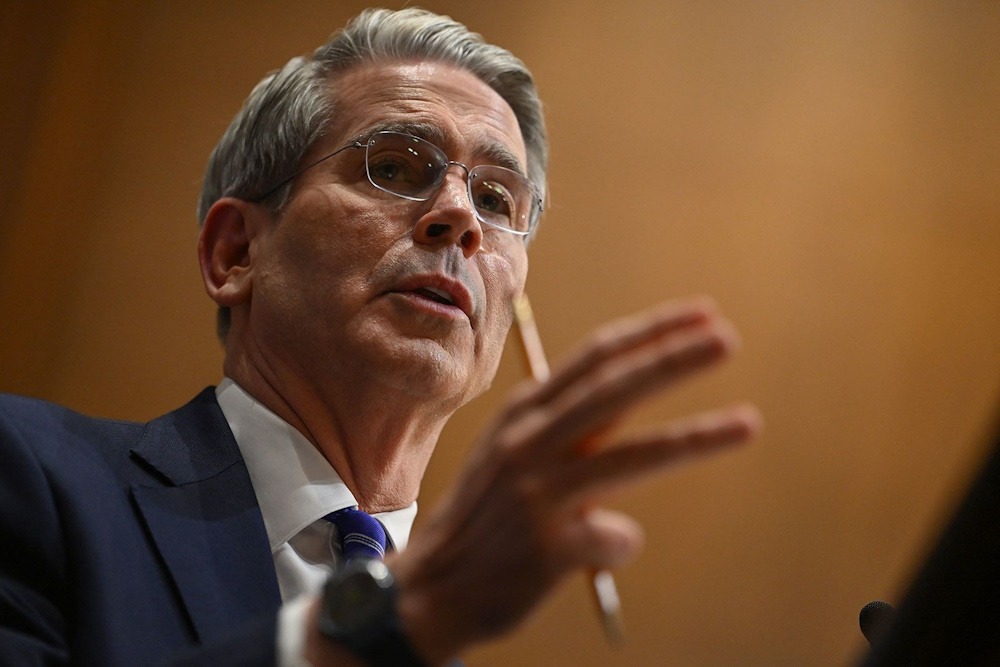US Treasury Secretary Scott Bessent confirmed on Tuesday that Argentina had initiated the currency swap. The announcement concluded a period of speculation, with economists suggesting that the event had already transpired, despite the absence of confirmation from local authorities. Argentine President Javier Milei’s administration has not issued any public statements concerning the activation — as of the time of reporting, representatives from the economy ministry and the Central Bank had not responded to inquiries from the Herald. “We already had a profit on that swap line,” Bessent stated during an interview on Tuesday morning. “A line of credit was made available, with a small portion drawn upon, resulting in a profit.”
In anticipation of the elections in Argentina on October 26, the U.S. Treasury intervened by purchasing pesos to stabilize the currency and prevent a potential run. Although the figure has not been disclosed, analysts estimate that the U.S. expended well over $2 billion to support the peso. The US government had previously announced a bailout of Argentina, which included a $20 billion currency swap through its Exchange Stabilization Fund. Speculation regarding the activation of the swap line by the Argentine government commenced last week. After reviewing the Central Bank’s balance sheet, which indicated a nearly 2.9 trillion pesos increase in the “other liabilities” category, analysts interviewed by the Herald determined that the credit line had indeed been utilized.
This indicates that Buenos Aires currently holds a debt obligation to Washington. The absence of information regarding rates, amounts, or maturity dates has drawn criticism concerning the operation’s transparency. Bessent declined to label the US$20 billion swap line as a “bailout”. “In most bailouts you don’t make money,” Bessent stated, noting that the Trump administration utilized its “financial balance sheet to stabilize the [Argentine] government,” which he referred to as “one of our great allies in Latin America,” in anticipation of the midterms. “The president there secured a decisive victory, the government is poised to generate revenue,” he added.
The treasury secretary indicated that the United States is poised to strengthen its alliances in Latin America, referencing the recent presidential elections in Bolivia and the forthcoming elections in Chile and Colombia. “I would prefer to employ peace through economic strength rather than resort to engaging with narco boats offshore following a government collapse,” Bessent stated.

